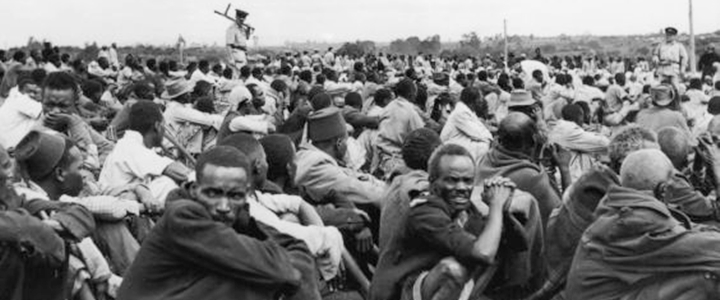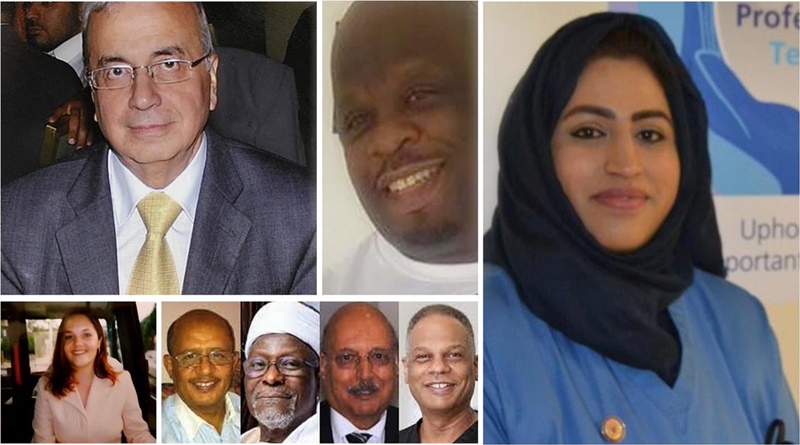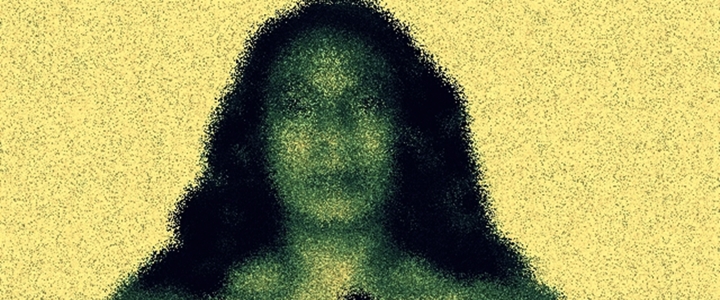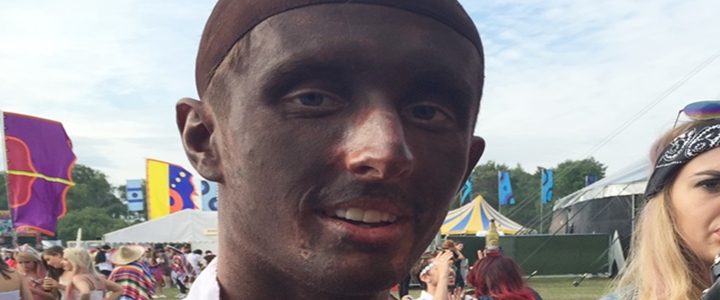On Tuesday 8 May 2012 I took part in a studio discussion on BBC Breakfast. Whilst it was great that the BBC covered this topic, obviously television has time constraints, so here I will elaborate further on points raised during the programme.
In the first instance the BBC discussion was prompted by a recommendation by the Queen’s advisor, The Lord Lieutenant of Clackmannashire George Reid, in Parliament, to drop the word ‘Empire’ from the honours system, in response to David Cameron’s proposal to bring back the British Empire Medal for those who contribute to society through voluntary work.
George Reid argued that for many the very word Empire brings back painful memories of the sufferings of their ancestors at the hands of British imperialism. The British Empire’s history of chattel enslavement – a term more appropriate than ‘The Slave Trade’ as it speaks to the dehumanisation of a people; colonisation, mass murder, rape, torture, theft of land and resources – cannot be underestimated as the legacies of prejudice, racism and poverty still persist to this day.
At one point the British Empire had colonized almost 50 per cent of the world, extending across the African, Asian and Caribbean continents. However, often excluded from discussions on Empire is the genocide of indigenous Native Americans, in which the British played a major part when they colonised North America. Closer to home there is colonisation of Ireland by the British Empire in the 17th century during the reign of Elizabeth I.
Revisionist historians like Dominic Sandbrook who gloss over the unsavoury aspects of British Colonial history, offensively presenting violence and brutality as altruistic (he argues that the British Empire is a beacon of tolerance and decency) contribute greatly to the British tendency as George Monbiot articulates: “to blot out colonial history.”
Unfortunately some of the most despicable atrocities committed by the British Empire are not that far back in history. Take for example, the forced removal of the Chagossian people from the island of Diego Garcia in the 1960s to make way for the military base from which recent imperial wars against Iraq and Afghanistan were launched.
Take too, the brutal invasion of Kenya in the 1950s resulting in the mass slaughter, rape, murder, torture and mass detention of Kenyans in camps documented in a ten-year study by Caroline Elkins. The shame in this is not just that these unspeakable atrocities were committed, but that in April 2012 it was revealed that the British Government destroyed thousands of documents detailing their crimes against humanity to avoid paying compensation to Mau Mau veterans.
It is both fitting and appropriate that there is a national system in place to acknowledge and reward outstanding individual contributions to society – and overhauling the present system to reflect public opinion in no way tarnishes or devalues past recipients.
However, attaching such a system to the institution of the British Empire, given the inhumane and violent atrocities committed in its name, is no longer appropriate in modern Britain. The British public should not be made complicit in the past atrocities of the British Empire under the present honours system.
Whilst the past cannot be changed, a history that has had devastating social, cultural, political and economic consequences around the world should never be glorified, certainly not ignored and definitely not given legitimacy through the present honours system.
Incidentally, the word ‘excellence’ suggested as an alternative basis for a new honours system is already part of the current honours titles:
MBE = ‘Member of The Most Excellent Order of the British Empire’
OBE = ‘Officer of The Most Excellent Order of the British Empire’
CBE = ‘Commander of The Most Excellent Order of the British Empire’
KBE – ‘Knight of The Most Excellent Order of the British Empire’
DBE = ‘Dame of The Most Excellent Order of the British Empire’
GBE = ‘Grand Cross of The Most Excellent Order of the British Empire’
The British Empire Medal, proposed for revival by David Cameron, has not been awarded since 1993.
Related Articles/Further Reading & Viewing
Atrocities of colonial past haunt Britain again – Mail & Guardian Online (South Africa)
The holocaust we will not see – George Monbiot
Dark Hearts: British Empire atrocities – George Monbiot
Stolen Heritage documentary on the legacy of colonialism in Kenya – YouTube
The First Grader – true film about an 84 year old Mau Mau veteran who attends school for the first time after the Kenyan government promises free education for all – but not without opposition. Some flashbacks to the British atrocities committed during their invasion.
Elkins, C (2005) Britain’s Gulag: The Brutal end of Empire in Kenya; London; Random House




